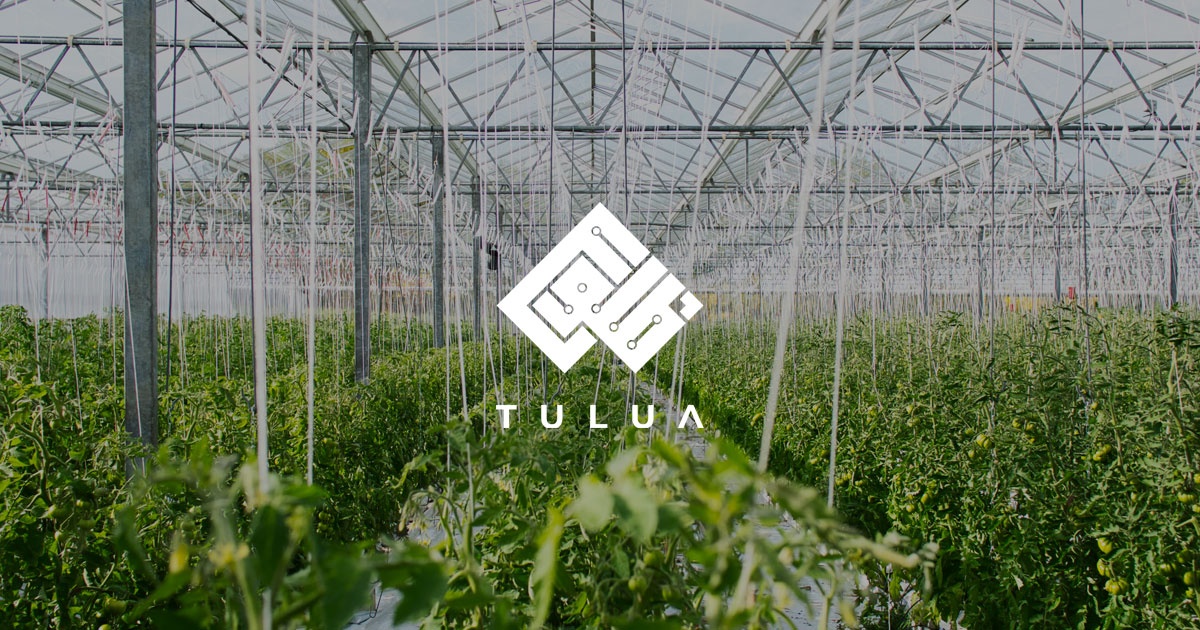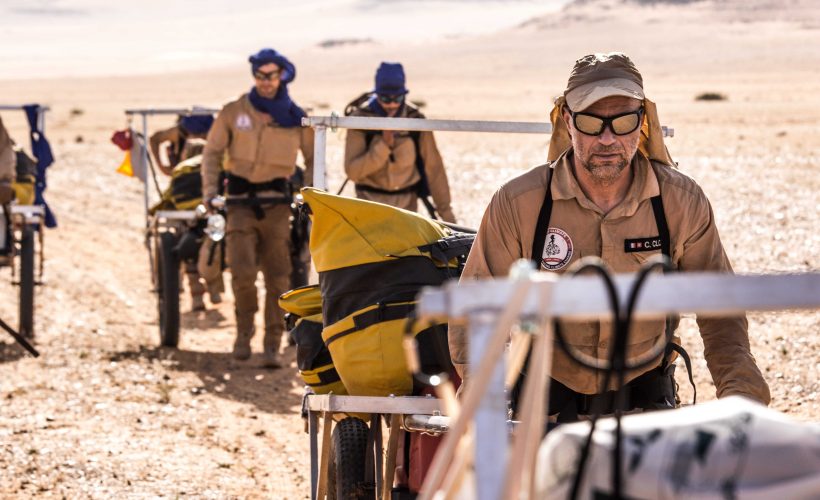Tech & Business
2.7.2020
The startup revolutionzing farming in the Middle East

As eco-conscious farming continues to gain traction, Middle Eastern startups are revolutionizing agriculture on not-so-fertile land. One of them is the Jordanian company Tulua, devoted to reducing socioeconomic disparities through sustainable farming.
Tulua, loosely translating to rising in English, wants to rise for the Middle Eastern communities struggling with unstable politics, economics, higher taxes and cost of living.
The difficulties of farming in the region…
Over two-thirds of the Middle East is composed of desert, with semi-arid conditions and only 2.7% of arable land in Jordan. Rainfall is and rain-dependent agriculture is risky as it is highly unpredictable.
The increasing food demand, as regional populations continue to multiply, adds another layer of difficulty. As a result almost 95% of Jordan’s food is imported, with very little agricultural exports.
In hopes of increasing self reliance in the region, the attention of investors and innovators pivots toward alternative agricultural methods — often one that is independent from both fertile soil or rainfall.
The Amman based start-up turns to aquaponics as a solution. The promote growing plants with nutrient filled water in a soilless medium. This more sustainable water conservation method is meant to decentralize farming. Encouraging individuals to grow their own crops, year round, ultimately allows them to generate income from it.
Aquaponics artificially crafts the ideal temperatures for maximum crop yield, all 5% of water in comparison to standard agricultural practices.
The water within the greenhouse hosts fish, that create waste, gathering between the roots of the plant and serves as nutrients for the plants.
Speaking with the creator of Tulua:
Jonathan Reyes, the CEO and co-creator of Tulua, alongside partner Daniel Robards, exudes an undeniable confidence in this innovative technique. With a background in tech and artificial intelligence, he turned to agriculture as a tool for change. For him, aquaponics is “one of the most critical components of a regenerative future.”
Moving to the Middle East in 2011 to work for a large media and tech startup platform, he quickly realized that there was a big void between tech and agriculture. As a response, he left his job to tackle the challenge of combining artificial intelligence, machine learning and agriculture to ultimately empower local communities.
He emphasizes that Tulua will provide locals with “good incomes, high quality jobs that also generate higher yields with almost no water waste and ensures efficient sourcing of materials to build these systems.”
The relationship between water, bacteria, nutrients and plants mimics the natural ecosystem in waterways across the globe.

Working in harmony with nature is imperative.
Reyes admits one cannot force yield to happen. Instead, he advises to cooperate with nature in order to get better yields.
Although aquaponics may seem less accessible to the general public due to its novelty, and perhaps particularity, it is far less laborious than standard farming. In reality, the fish are doing most of the work.
“Aquaponics is enabling people who have different disabilities to produce more than a traditional farm,” Reyes adds.
Reyes is optimistic about the future, asserting that “it will not be the quality of the food that makes people interested” but rather “the fairly low risk investment into a high potential income and the opportunity to provide for the family in a new and creative way.”

popular


